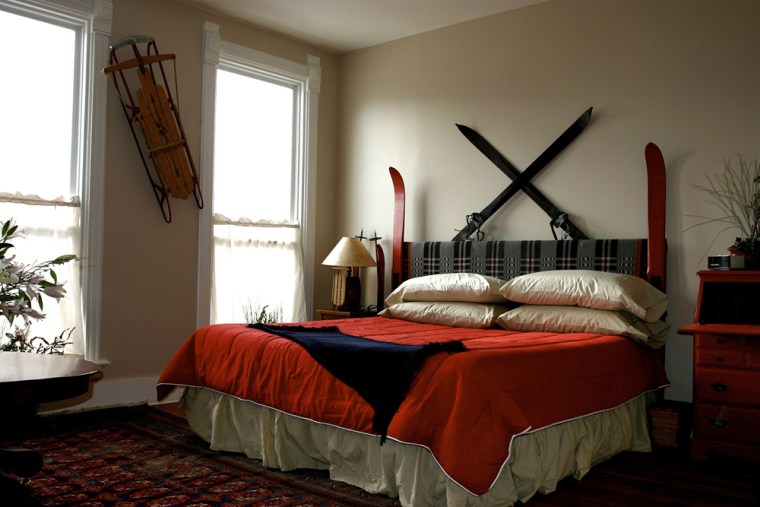People checking in at some Montana hotels and other lodging establishments will be asked whether they care to contribute a dollar or two to help conserve part of the landscape that draws tourists here by the millions.
A new program invites innkeepers to make ever-so-subtle pitches for small sums that will help pay landowners who agree to sign conservation easements, which are binding agreements that limit development of property. In some cases, easements may make it financially workable for a ranch to remain in agricultural use rather than being sold for residential lots or other development.
"The small donations will add up over time from travelers wanting to preserve Montana's natural horizons," said Mike Scholz, a former Big Sky hotelier who founded the Travelers for Open Land program. Partners include the Montana Association of Land Trusts, the Montana Community Foundation and Travel Montana, the state tourism agency.
"People are coming to Montana because of our pristine environment, our open space, our wildlife, our outdoor recreation," said Betsy Baumgart, Travel Montana's administrator. Although vast landscapes still define much of Montana, development pressure is evident in parts of the state as farm fields give way to housing.
Scholz anticipates participation not just by hotels, dude ranches and bed-and-breakfast inns, but by others in the hospitality industry, such as companies that sell raft trips on Montana rivers.
Agreements to participate were obtained from about 80 "properties" in the run-up to the program's launch in mid-April, he said. He hopes for 250-300 signups within a few years.
"This is kind of the way (former Chrysler Chairman) Lee Iacocca figured out how to refurbish the Statue of Liberty," Scholz said. "We're going to take care of it a dollar or two at a time."
With Montana drawing about 10 million visitors a year, it's not unreasonable to think $1 million could be raised annually from $1 and $2 donations, said Scholz, who has been on the Governor's Tourism Advisory Council and other tourism boards.
By their nature, Montana's visitors are likely to give, he said.
"The target market for the state is the geo-traveler, and one of the key elements of a geo-traveler is that they are the type who want to leave a destination intact, and they want to be able to contribute to its well-being," Scholz said. "There are not that many vehicles for people who visit to do that type of thing."
Montana's 1,400 or so conservation easements on private land cover some 1.8 million acres, said Glenn Marx, executive director of the Montana Association of Land Trusts, a group of 12 nonprofits that work to obtain easements.
Open-space protection also is undertaken by some local governments in Montana communities where voters passed special bond measures to shield land from development.
At lodging establishments participating in Travelers for Open Land, guests may place money in envelopes left in rooms or pay a surcharge on the room bill. Land trusts that apply for the money to buy easements must provide matching funds.
Scholz said programs similar to Travelers for Open Land have been started elsewhere, but he knows of none that function statewide.
In the Jackson, Wyo., area, some hotels collect a voluntary payment to help conservation causes. Jackson Lake Lodge in Grand Teton National Park collects $1 per room if guests care to pay it, and sends the money to the Grand Teton National Park Foundation, said Shannon Whalen of Grand Teton Lodge Co., which operates the hotel.
In the several years the program has been in place, guests have responded favorably because they visit to enjoy the park and want to contribute to its well-being, she said.
